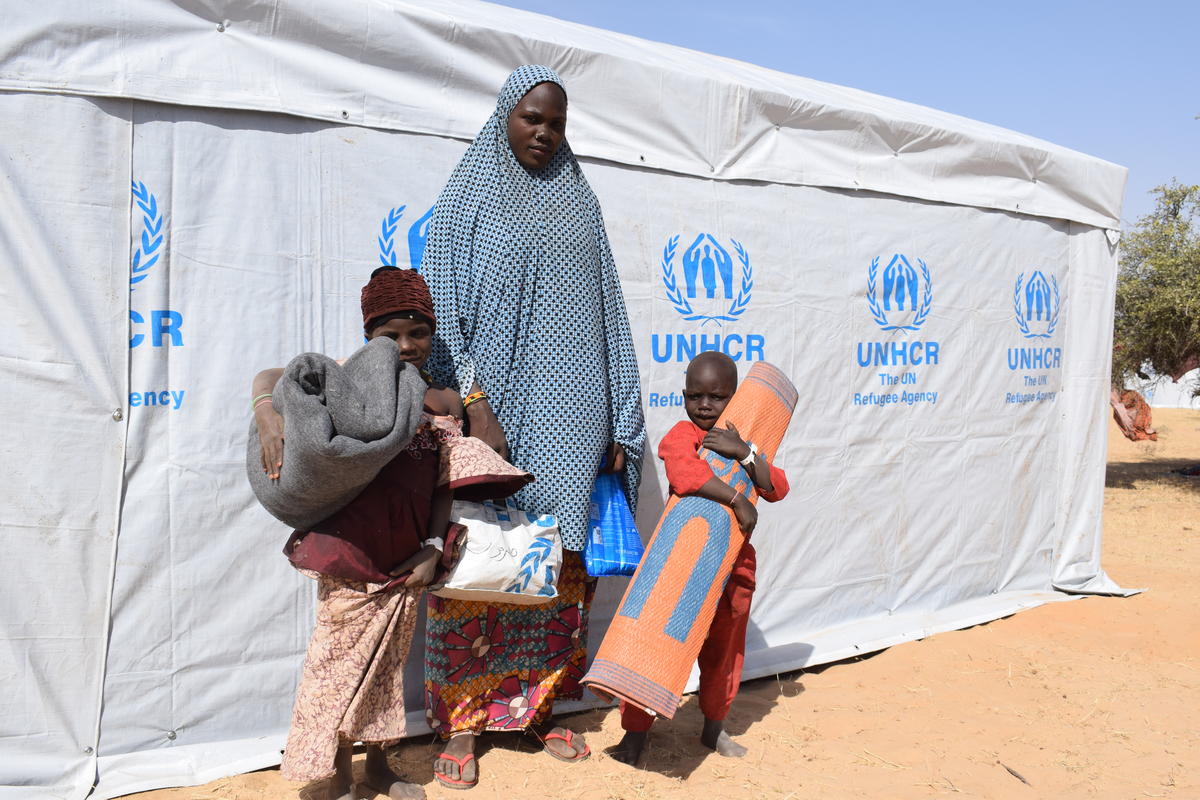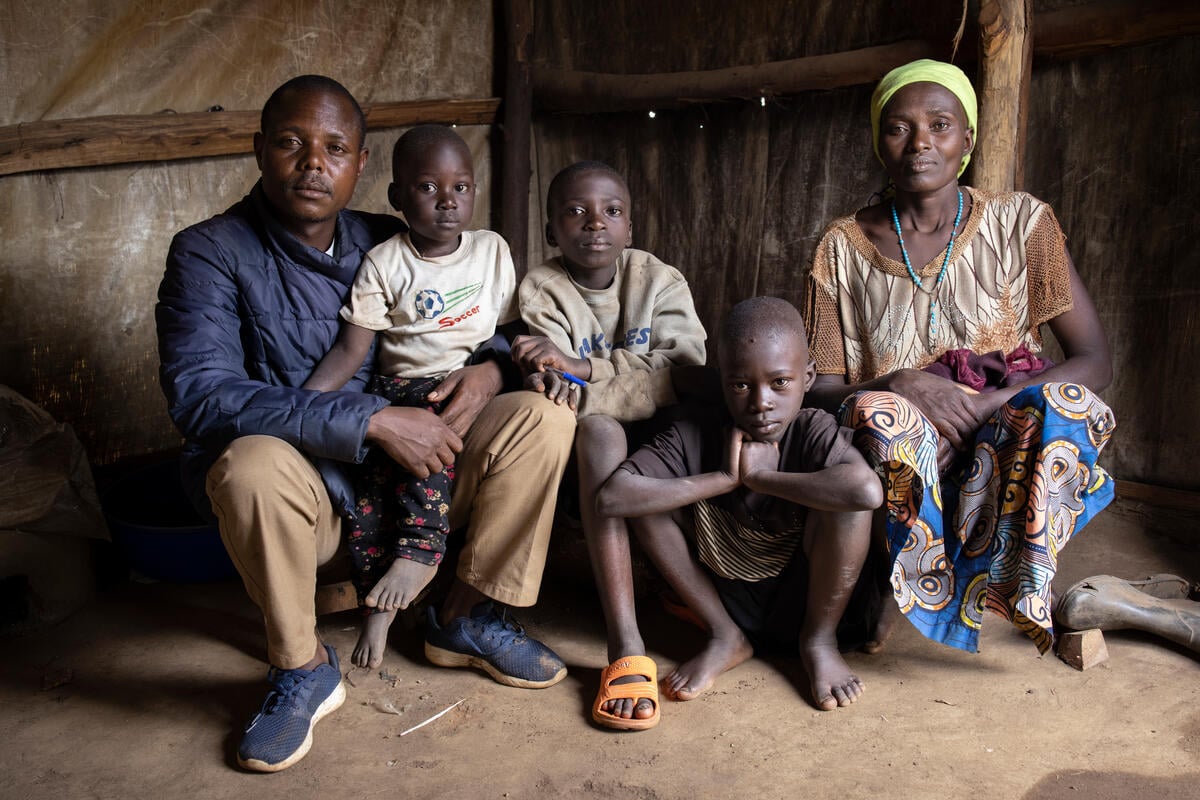UNHCR calls on warring parties to protect civilians in the Sahel and Lake Chad regions
UNHCR calls on warring parties to protect civilians in the Sahel and Lake Chad regions

UNHCR, the UN Refugee Agency, is calling for greater protection for people caught up in violence resulting from an upsurge in military action against armed groups in West Africa’s Sahel and Lake Chad regions.
Thousands of people have fled homes and villages on a daily basis since March 29 when security forces from Niger, Chad, Nigeria, Cameroon launched a military crackdown on armed groups in border regions responsible for attacks on civilians and members of those countries’ military forces.
‘’The safety of the displaced population and their host communities must be a priority for all sides involved in this conflict,’’ said Aissatou Ndiaye, Deputy Director for UNHCR’s Bureau for West and Central Africa. ‘’Too many civilians in the Sahel and Lake Chad Basin have already paid a high price and should not be made to suffer more.’’
Nearly 50,000 people, including thousands of women, children and the elderly, have been displaced in the region this year, including 25,000 when the Chadian army launched operation ‘Wrath of Boma’ on the shores of Lake Chad, end of March with support from other countries’ military. Chadian authorities declared the departments of Fouli and Kaya an effective war zone.
In addition, more than 4,000 people were displaced by clashes earlier this month in Niger’s Tillaberi region while hundreds have crossed borders to seek safety in parts of Mali, themselves already insecure.
‘’Attacks and counter-attacks are constantly pushing populations living in the border areas into deeper misery and risk annihilating any advances in building their resilience,’’ UNHCR’s Ndiaye added.
Another 6,000 people have also fled Niger to Mali joining at least 10,000 Malians displaced inside their own country by the unrest which has swept the entire Sahel region since January 2020.
In Niger, UNHCR and partners have recorded 191 incidents with 549 victims in the first three months of 2020 in localities within 50 kilometres of the borders. These incidents include attacks, assassination, kidnapping, theft and extorsion as well as sexual and gender-based violence.
UNHCR reminds governments of their international obligations and to uphold commitments made during high-level regional dialogues last year in Abuja and Bamako. States then reiterated pledges to protect civilians and avoid them becoming victims during any counter-terrorism operations.
UNHCR remains ready to support their regional efforts to maintain the civilian and humanitarian nature of asylum and to facilitate humanitarian access. It continues to work with the authorities to identify a safe location to relocate people.
Both the Sahel and Lake Chad have been facing armed conflicts and violence for many years. The humanitarian situation is extremely dire with limited access. Some 3.8 million are internally displaced across both regions and 270,000 have fled to neighbouring countries as refugees.
For more information on this topic, please contact:
- In Chad, Simplice Kpandji, kpandji@unhcr.org, +235 68 59 30 60
- In Burkina Faso, Moussa Bougma, bougma@unhcr.org, +226 253 40 522
- In Mali, Chadi Ouanes, ouanes@unhcr.org, +223 75 997 247
- In Niamey, Jean-Sébastien, josset@unhcr.org, +227 907 669 77
- In Dakar, Romain Desclous, desclous@unhcr.org, +221 786 396 385
- In Geneva, Charlie Yaxley, yaxley@unhcr.org, +41 795 808 702
- In Geneva, Babar Baloch, baloch@unhcr.org, +41 79 513 9549
- In New York, Kathryn Mahoney, mahoney@unhcr.org, +1 347 443 7646









